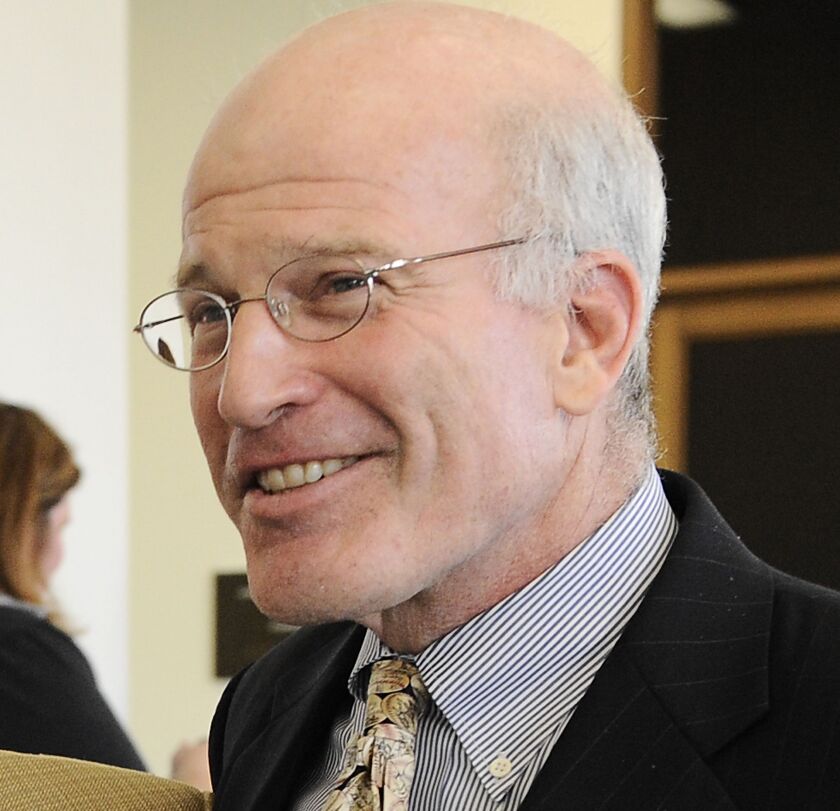The cash-strapped city of Chicago has essentially received an $11 million, interest-free loan because of its failure to abide by a law requiring checks left uncashed for three years to be turned over to the state.
The first of the newly-discovered, unclaimed checks was issued on Aug. 25, 1987. That’s when the city wrote a $200.77 check to the National Geographic Society.
Since then, more than 22,000 city checks have gone uncashed. They were issued to companies, individuals and nonprofits for services rendered, commodities delivered, paychecks never cashed and overpayments made.
That could be everything from excessive fines paid for city parking tickets or other violations to repayment of money confiscated by arresting Chicago Police officers.
The uncashed checks include a payment for $44,198.43 made in 1991 to Commonwealth Edison, presumably for electric service.
There’s a $3,700 check written in 1990 to Lion Photo, which has long since gone out of business. Schiff Hardin LP, a clout-heavy Chicago law firm, has a $259 payment left unclaimed.
The YMCA of Metropolitan Chicago never cashed its $1,900 check. Neither did a host of plumbing contractors and vendors of stationery and other office supplies. The Chicago Sun-Times has five uncashed checks, one for $89 and the rest all under $30.
State law requires property that goes unclaimed for three years — whether in the form of uncashed checks or dormant accounts — to be turned over to the state.
Information on that unclaimed property is then posted on a website maintained by the state treasurer’s office so individuals and companies can check to see if they are owed any money.
The information is posted at https://icash.illinoistreasurer.gov/.
Attorney Clint Krislov uncovered the treasure trove during the course of his marathon legal work on behalf of thousands of city retirees.
“Our purpose is to force the city to be transparent with money that it owes people. We blasted loose information on money owed to 22,000 people and look forward to them actually getting and enjoying their money,” Krislov said Wednesday.
“The city kept the money secret so it could have an interest-free float of the money for 20 years — maybe forever. Everybody else has to turn over the money to the state so you can claim it. The city neither reported it to the state so that people could find it nor gave people a way to learn about it themselves.”
Pressed on who is to blame, Krislov said: “Both the city of Chicago and the [Illinois] attorney general’s office, because the attorney general’s office knew about it and tolerated it — and it was wrong.”
Law Department spokesman Bill McCaffrey refused to comment on the specific claims of a lawsuit he hasn’t seem.
But, he argued that the city is not bound by state’s Revised Uniform Unclaimed Property Act.
“As a home rule unit, the City has enacted ordinances and adopted procedures providing for the disposition of various forms of property, including uncashed checks, tax overpayments and water overpayments, and that authority has not been preempted,” McCaffrey wrote in an email to the Sun-Times.
McCaffrey did not address Krislov’s still-pending demand that interest be paid at 5 percent-a-year for every year the money has been held. That could add millions to the $11 million total.
Annie Thompson, a spokesperson for Illinois Attorney General Kwame Raoul, also had no immediate comment.
Last year, Krislov demanded to know why the city kept for itself $2.1 million in overcharges instead of refunding that money to retirees.
Through legal discovery and a process known as “reconcilation,” he inadvertently learned that there were 8,000 outstanding checks — totaling $837,715 — that had not been cashed.
The average check was $100. Some checks topped $1,400. Some dated back to 2005.
The city kept the information secret for 13 years — and meanwhile, about 2,000 of the 8,000 retirees died.
The city was forced to notify the 6,000 remaining retirees at their last known address, run newspaper ads about the refunds and provide a search engine on the city’s website that allowed retirees and their families to find out if they are owed refunds.
That’s when Krislov decided to file the Freedom of Information Act request that uncovered the 22,000 other uncashed checks totaling $11 million.
“We figured that, if they were sitting on 8,000 checks that had never been cashed, there must be more of them,” Krislov said.






